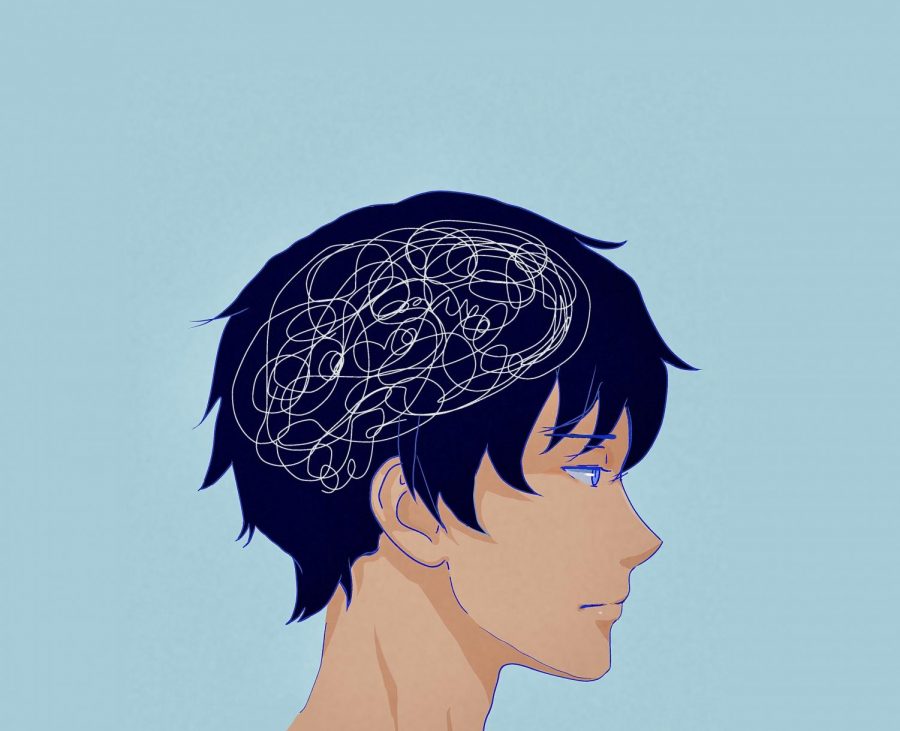Overworking Teens Creates Unnecessary Mental Health Issues
December 1, 2021
We need to stop overworking teens. Due to the pressure put on the teenage years, high school students are increasingly experiencing poor mental health. As a culture, we have set up the expectation that by the time we graduate high school at 17 or 18 years old, we need to have a plan for our whole life. As a result, high school becomes a time when students are forced to figure out their future education, career goals, social standing, and who they are as a person. Feeling pressure to make these crucial life decisions in such a short period of time can make us extremely stressed, anxious, and depressed.
Specifically, the stress of future college applications plagues my mind on a daily basis, and has for the entirety of high school. Upon entry, we are immediately and constantly reminded by our parents, teachers, and peers that everything we do here will be used for college in the future. Every club, class, sport, and extracurricular activity has the looming shadow of college and job applications. As we know from the Teen Health Survey, many students participate in multiple extracurricular activities like clubs, student government, music, arts, and sports. While these activities are enjoyable for most, they can become stressful and a significant contributor to a student’s workload, especially when students participate in multiple extracurriculars on top of challenging schoolwork.
For many students, participation feels compulsory in order to be viewed as “favorable” by colleges, employers, and even peers. On top of that, maintaining good grades in difficult classes leaves virtually no free time. This is a sentiment shared by many; maintaining a good work-life balance is key, yet extremely hard to achieve for many students.
This process that we have currently established is obviously not working as it should. The 2018 CPSD Teen Health Survey shows that 26% of CRLS students felt depressed and 34% felt anxious. We cannot expect students to be successful in school and learn to navigate the world of adulthood if these issues are so pervasive in young people. The data makes a clear point: our academic system puts students through too much emotional distress. While this issue has been prevalent for many generations of teenagers, it is especially relevant now. Current events and COVID-19 have both taken significant tolls on teenage mental health as well, only adding to the previous issue.
The attitude around achievement and success for teenagers needs to change in order to relieve this mental stress. Right now, expectations for teenagers’ “success” are defined by easily identifiable line items that can be put on a resume or college application. It is no surprise that mental health is so poor when we set these outlandish and impersonal standards to beat. Teenagers are clearly expected to accomplish too much in too little time, and our mindset needs to shift if we want to begin to remedy this mental health crisis.
This piece also appears in our November 2021 print edition.










